He lived as he wanted to, a servant of the Divine Master, with humility, tenacity and trust in God alone. Baptized Jesus Cueli, he changed his name to Isudas, not wanting to be named after the Master.
Incarnation is the essence of inculturation. Isudas both championed it and became inculturated. His insertion into the culture was total to the extent that he was at times partial to the Gujaratis. He often reminded us that learning Gujarati was not enough; one should be able to think and dream in Gujarati.
Sampurna Bible – his Magnum Opus
While in tertianship (1963) he read of his appointment to translate the Bible into Gujarati in the Province newsletter. Even with a natural flare for languages, a more than ordinary grasp of Hebrew and Greek, and a B.A. in Gujarati Literature under his belt, the task was still a daunting one. Not one to oppose the will of his superior, he took it up with the now legendary figures: Nagindas Parikh, Raymund Parmar, Joseph Kavi, Chandrakant Sheth, and Niranjan Bhagat accomplishing the mission in seventeen years. In 1981 the Gospel of Peace – the Sampurna Bible – was released at the Tagore Hall in Paldi. It was a masterpiece of literature and will remain an enduring literary treasure.
Isudas went on to translate the Missal, Lectionary, Breviary, a Commentary for homilies and the Kirtansagar (a hymnal), making ample provision for an inculturated liturgy. Texts from Vatican II, a graded catechism series for schools also go to his credit. His contribution to Gujarati Catholic religious literature will remain his lasting legacy.
Spartan – Gandhian lifestyle
His room in Shefali Apartments was his work station – more an office than a living room. He consulted a swivel bookstand, laden with the Bible in different languages, comparing translations in each of them. He would work day in and day out seated at his table.
Though this was a regular routine, he also cherished moments of silence in the chapel, noisy recreations with a rambunctious set of scholastics, a game of pallota in the evenings, and an occasional picnic to the banks of the Sabarmati.
I always wondered why a man with such a command over Gujarati did not engage himself in creative writing. He replied once that translation work called for fidelity to the text. A translator sacrifices creativity and imagination in order to be faithful to the text.
Self-made Man
Isudas was one among those of his generation who did not qualify themselves with degrees. While on the job they trained themselves becoming experts in their respected fields. Isudas was a self-made man. All he had was a licentiate in Theology; the rest of it came from personal effort.
As scholastics we whined that we did not have models to emulate. How wrong we were when right in the midst of us was Isudas, an integrated person, an exemplar of what it is to be a Jesuit. He toiled at his desk, was pastorally responsive, a man of spiritual and intellectual depth who lived a simple, frugal life, focused and single-minded in his work, one collaborated well with Jesuits and non-Jesuits alike, and had an unmatched love for the people, the culture and the language of Gujarat. What more could one expect?
A couple of years ago Isudas was a picture of health. But age began to catch up with him. One by one the little things he liked to do were taken away from him. The pallota game, trips to the missions, walks in the garden, and his reading. The Lord was with him through it all even in his moments of darkness. He could spend time with the Lord in silent contemplation. Like Moses he would emerge from the chapel with his face all aglow.
Isudas, your mission accomplished, you are privy to the beatific vision of the Divine Master, the one you served single-mindedly till the end. Vahala Isudas, Avjo!
Click here TOO READ FULL VERSION
- Keith Abranches, SJ


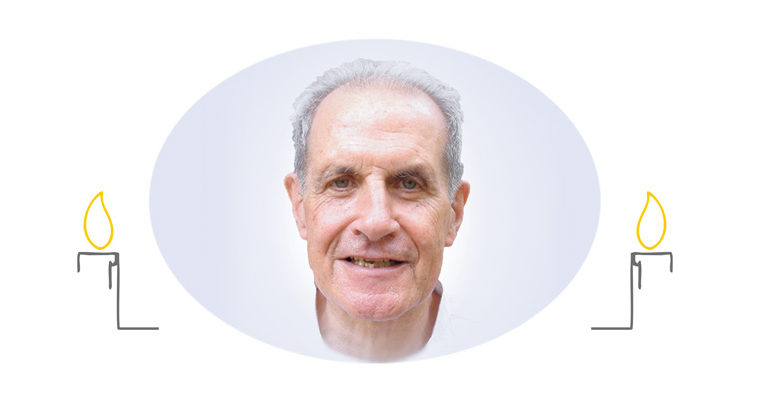
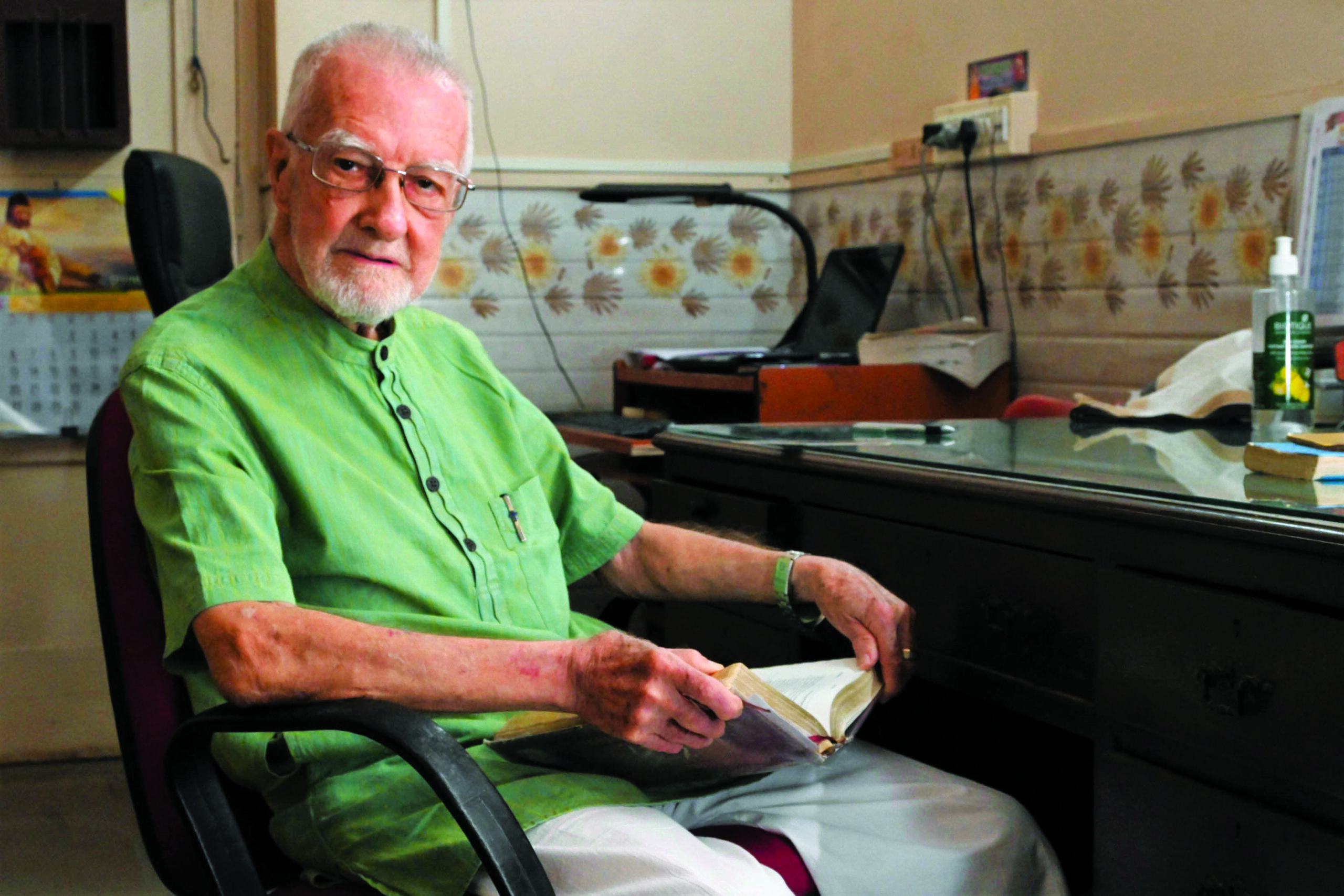
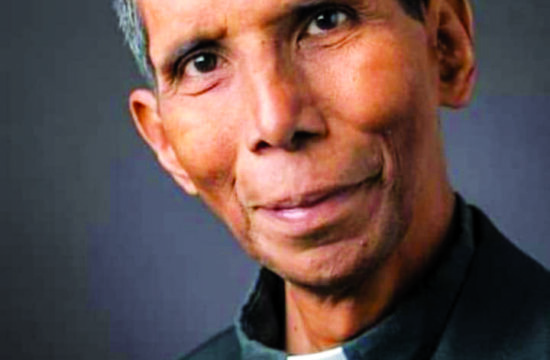
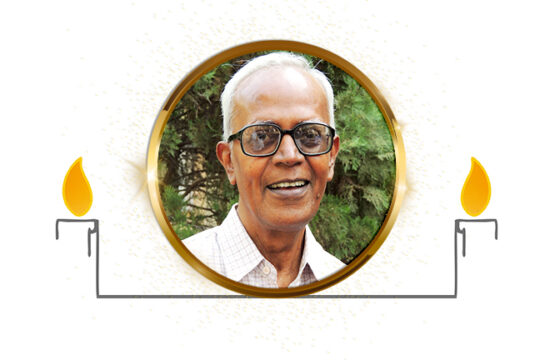
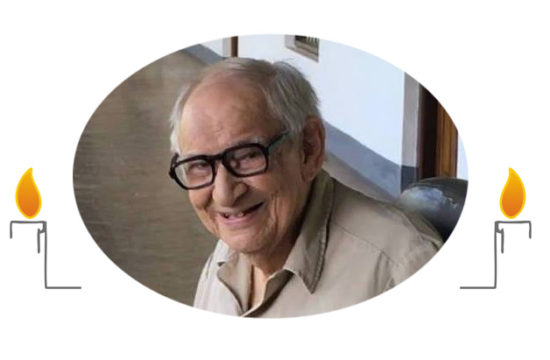
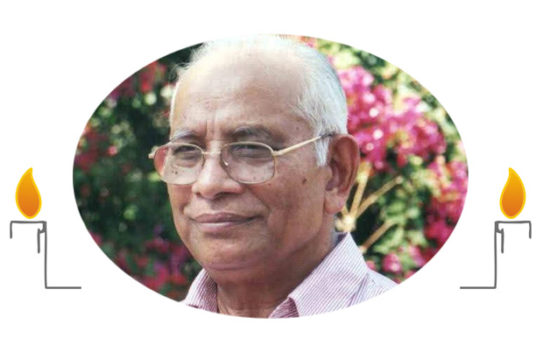
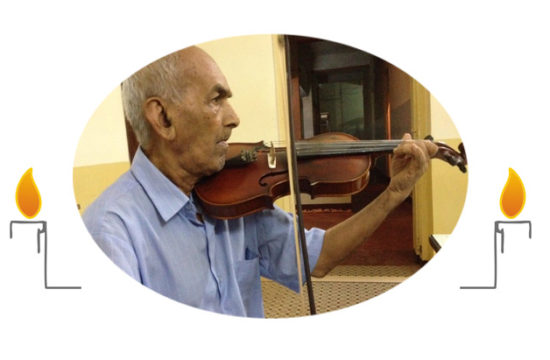
Rattling instructive and wonderful anatomical structure of subject material, now that’s user genial (:.
Hi there! This is kind of off topic but I need some guidance from an established blog. Is it hard to set up your own blog? I’m not very techincal but I can figure things out pretty quick. I’m thinking about creating my own but I’m not sure where to start. Do you have any tips or suggestions? Thank you
Best Online Viagra Site Viagra In Melbourne Buy Alli Weight Loss Pills Online where to buy cialis online safely Zithromax Effectiveness Chlamydia Comprare Levitra Generico 20mg Acheter Viagra Ligne
Attractive section of content. I just stumbled upon your web site and in accession capital to
assert that I get actually enjoyed account your blog posts.
Anyway I will be subscribing to your feeds and even I achievement you access consistently fast.
Today, I went to the beach with my kids. I found a sea
shell and gave it to my 4 year old daughter and
said “You can hear the ocean if you put this to your ear.” She
put the shell to her ear and screamed. There was a hermit crab inside and
it pinched her ear. She never wants to go back!
LoL I know this is entirely off topic but I had
to tell someone!
I really love your site.. Great colors & theme. Did you make
this website yourself? Please reply back as I’m planning to create my very own blog and want to find out where you got this from or what the theme is called.
Thank you!
I was pretty pleased to discover this site. I need to to
thank you for your time due to this fantastic read!!
I definitely savored every part of it and I have you saved to fav to look at new stuff
in your website.
It is appropriate time to make some plans for the
longer term and it’s time to be happy. I have learn this put up and if I could I wish to suggest you some fascinating issues or suggestions.
Perhaps you could write next articles referring to this article.
I desire to learn even more issues approximately it!
Thanks for sharing your thoughts. I truly appreciate your efforts and
I will be waiting for your next write ups thank you once again.
Valuable info. Lucky me I found your website by
chance, and I am shocked why this coincidence did not came about earlier!
I bookmarked it.
Hi! Would you mind if I share your blog with my zynga group?
There’s a lot of folks that I think would really enjoy your content.
Please let me know. Cheers
These are truly enormous ideas in about blogging. You have touched some
pleasant things here. Any way keep up wrinting.
Thanks for every other great article. Where else could anybody get
that type of information in such an ideal approach of
writing? I’ve a presentation subsequent week, and I’m at the search for
such info.
I’m really enjoying the theme/design of your web site.
Do you ever run into any browser compatibility problems?
A number of my blog audience have complained about my blog not operating correctly in Explorer but
looks great in Chrome. Do you have any solutions to help fix this problem?
I was wondering if you ever thought of changing the layout of your website?
Its very well written; I love what youve got to say. But maybe you could a
little more in the way of content so people could connect with it better.
Youve got an awful lot of text for only having 1 or 2 images.
Maybe you could space it out better?
Hello to every one, it’s actually a good for me to pay a
visit this web site, it consists of useful Information.
Azithromycin Vs Amoxicillin Chlamydia Alternative Fur Levitra cialis 5mg Zithromax Pfizer Canada Isotretinoin Acne
Buying Xenical Online Cytotec Generique En Ligne generic levitra Il Viagra Fa Male Al Fegato
Shipped Ups Dutasteride Free Doctor Consultation cialis from canada Amoxicillin Dosage For Sinus Donepezil Online Order
Interaction Amoxicillin Methocarbam Amoxicillin Usage In Feed buy generic cialis need isotretinoin isotret best website overseas Eroxim Kamagra
Prolonged Amoxicillin Elimination cialis Viagra Australia Cheap Generic Kamagra Kamagra Ajanta Pharmaceuticals
Levaquin Ups Internet Next Day Viagra Jelly Online Uk vardenafil 20 mg.no prescription Difference Cialis Et Viagra